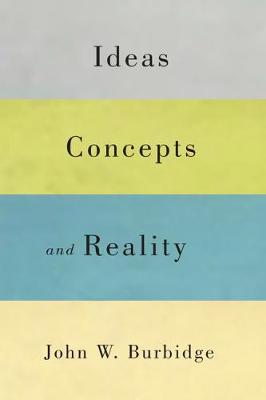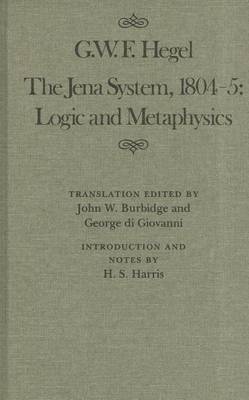McGill-Queen's Studies in the Hist of Id
2 total works
Do concepts exist independently of the mind? Where does objective reality diverge from subjective experience? John Burbidge calls upon the work of some of the foremost thinkers in philosophy to address these questions, developing a nuanced account of the relationship between the mind and the external world. In Ideas, Concepts, and Reality John Burbidge adopts, as a starting point, Gottlob Frege's distinction between "ideas," which are subjective recollections of past sensations, and "concepts," which are shared by many and make communication possible. Engaging with Aristotle, Descartes, Kant, Hegel, and many others, the book argues that concepts are not eternal and unchanging, as Frege suggested, but open to revision. We can move from ideas to thoughts, Burbidge suggests, that can be refined to the point where they acquire independent and objective status as concepts. At the same time, they are radically connected to other concepts which either complement or are differentiated from them. Ideas, Concepts, and Reality offers a fresh perspective on the ways in which rigorous thought differs from other operations of the mind.
Daringly inventive and accessibly written, the book will appeal to philosophers at all levels of interest.
Daringly inventive and accessibly written, the book will appeal to philosophers at all levels of interest.
As he worked on the Jena sytem, Hegel's understanding of the nature of logic and its connection with metaphysics underwent changes crucial to his later system. As a result, logic acquired a new and expanded significance for him. This text is thus the key to an understanding of the works of Hegel's maturity, and to their relation to the major works of Schelling and Fichte that preceded them. Scholars from the universities of Guelph, Lethbridge, McGill, McMaster, Toronto, Trent, and York have prepared this translation, a work of critical analysis in its own right. The introduction by H.S. Harris adds a concrete dimension to Hegel's abstract categories, showing how, in developing these categories, Hegel was even at ths early date thinking deeply about the structure and life of society.

